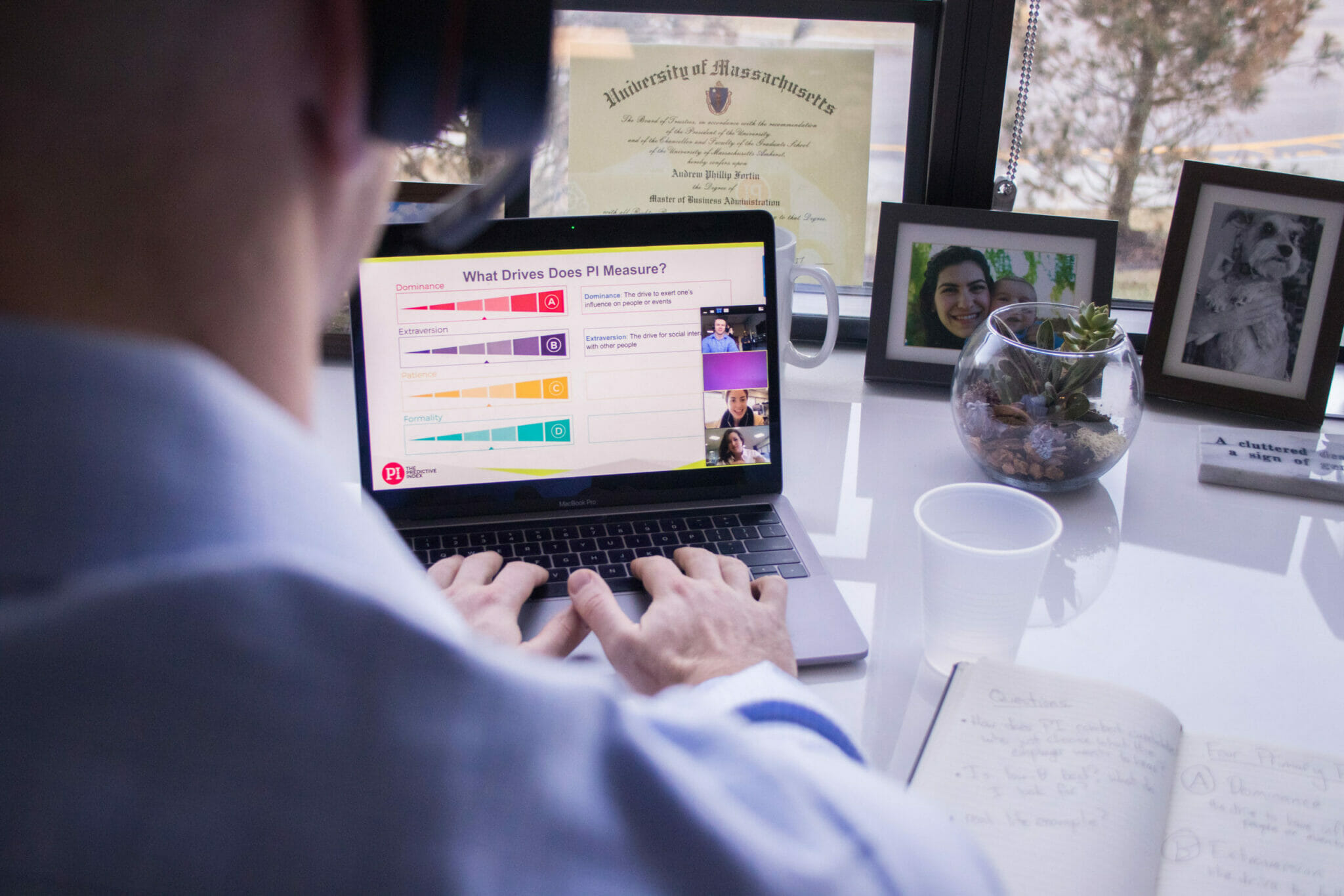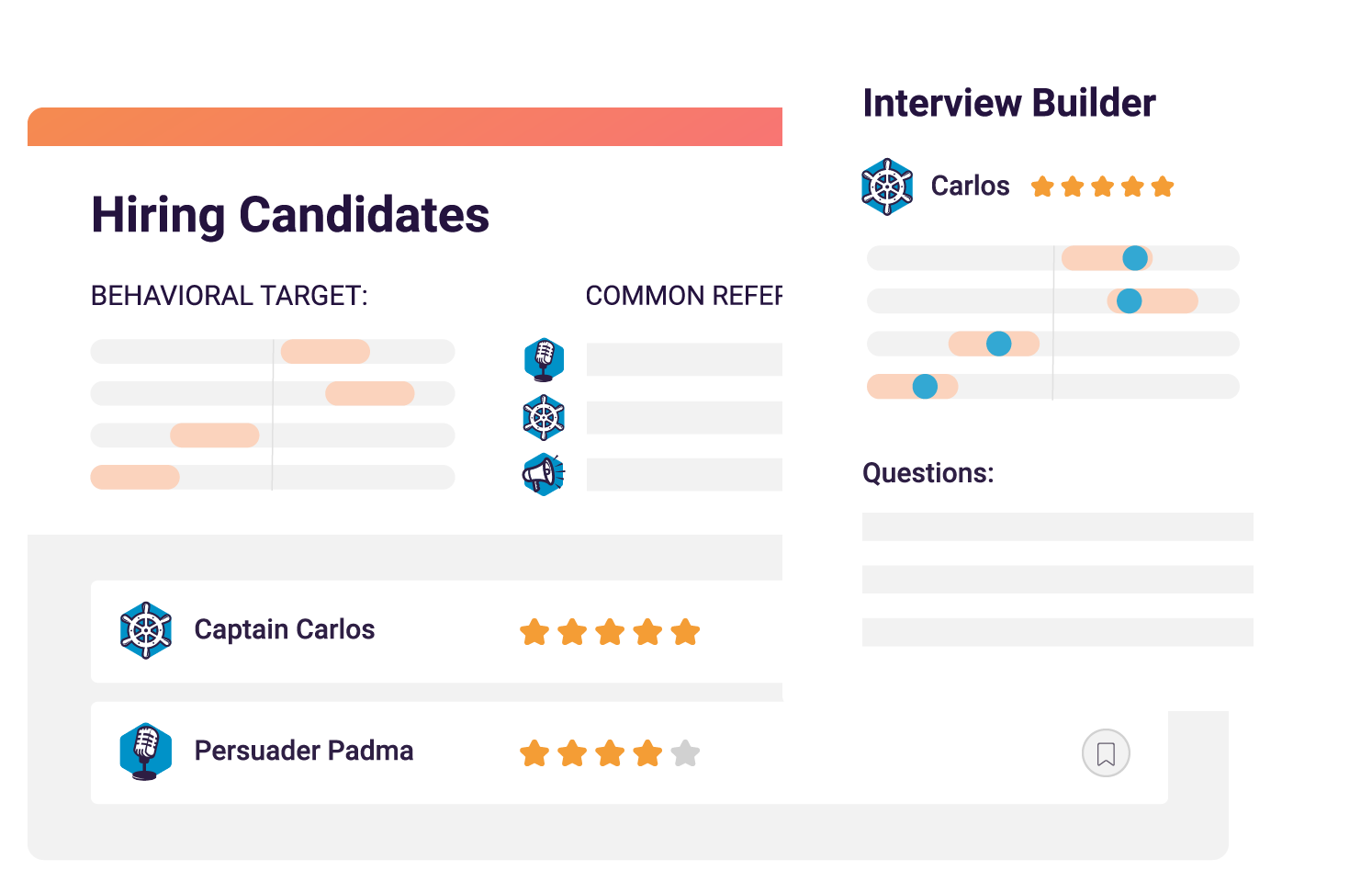The use of assessments in hiring is growing. According to the Talent Board’s 2018 North American Candidate Experience Report, over 71% of companies use pre-employment assessments as part of their screening process to measure areas such as job skills and culture fit. When optimizing talent, assessments are a valuable tool to gain relevant data on potential employees that allow us to make better, smarter hiring decisions.
There has been some question as to the appropriateness of using psychological assessments as part of the hiring process: What value do such assessments provide? How do they impact candidates? And, in general, should they even be used?
What are pre-employment assessments?
It may help to define what a “psychological” test or assessment is, as the term “psychological” can be misleading and anxiety-producing for some people. A psychological test is an instrument that’s used to study human behavior and attempt to define or put it into categories. That means the tests you took in school, college entrance exams, and quizzes you take in magazines all qualify as psychological tests—albeit of differing quality. For the sake of ease, they’ll be referred to as “tests” and “assessments” for the remainder of this article.

Why do pre-employment assessments have a bad rap?
Assessments are often delivered without much context as to why they’re being administered, and many—at least at face value—show little relation to the actual work that will be performed. For example, a test consisting of complex mathematical problems when the role doesn’t require the candidate to crunch numbers.
Assessments may also be delivered inconsistently and unfairly (e.g., at various stages in the hiring process to different candidates, or with varying instructions or rules around assessments for different candidates). This is often done unintentionally by well-meaning people who think, “This assessment might help me find the right person. I’ll just use it next time I’m hiring/interviewing.” But these assessments are a science, and there are specific ways and times they should be administered.
What makes for a legal pre-employment assessment?
The use of assessments for hiring is legal when the instrument and its uses comply with the Uniform Guidelines.
Modern employment testing is generally considerably less intensive than what was used in the past, as organizations keep candidate experience in mind. In addition, scientific research and legal advances have guided us to use assessments that are established to be job-related, non-discriminatory, and fair to all applicants. These three tenets comprise a legal assessment.
Job-related
It’s crucial to establish job relatedness when implementing an assessment for hiring. What this means is that the assessment is related to the responsibilities of the role. If the assessment isn’t related to core competencies for the position or if it doesn’t relate to a job outcome like performance, it shouldn’t be used.
Job relatedness is often accomplished through a process called job analysis. Through job analysis, practitioners establish core tasks of the job and how critical they are to job performance in order to design assessments that measure behaviors related to what’s required in the role.
Job relatedness can also be established through criterion-related validity studies*, where it’s determined if assessment results are statistically related to job outcomes, such as performance.
*Note: Criterion-related validity is not the only component of validity. It’s important that all aspects of validity are considered when implementing an assessment.
Non-discriminatory
It should go without saying that if an assessment is discriminating against anyone, it shouldn’t be used. There are numerous steps to take to ensure an assessment isn’t biased, including careful analysis by content experts to ensure the assessment materials don’t favor a particular group and statistical analysis that establishes assessment questions and outcomes are equivalent for different groups.
In addition, organizations using assessments should regularly conduct adverse impact analyses to guarantee that discrimination is not an unintended consequence of assessment use. If any of the steps above yield undesirable results, the assessment should promptly be retooled or retired.
Fair to all applicants
Fairness goes beyond discrimination and is comprised of many components—including not only the assessment but also the processes surrounding the administration of the assessment. This provides equal opportunity for all candidates.
To promote fairness, all candidates should be treated equitably throughout the entire selection process. If assessments are used, they should be delivered under similar circumstances for each candidate. So, for example, if an assessment was administered prior to a phone interview for one candidate, other candidates should also receive the assessment prior to a phone interview. Importantly, if one candidate receives preparation materials or feedback on their performance, the rest of the candidates should receive the same treatment.
This is also when reasonable accommodations for candidates who require them come into play, such as extended time offered to candidates with learning disabilities.

Why use assessments in the hiring process?
Assessments serve several purposes, serving both the candidate and the employer. For the candidate, assessments can reduce bias in the hiring process and help them land roles they’re best suited for. Good job fit allows employees to feel engaged and satisfied at work. For employers, assessments allow companies to make better hires, reducing turnover and its costly effects.
Assessments predict future job performance.
This is perhaps the most compelling argument to use assessments for hiring! It has been well-established in the scientific literature that a variety of assessments are valid predictors of performance on the job. Cognitive ability tests, in particular, are very strong predictors of future performance. One of the principle tenets of talent optimization is using people data to make better decisions. Using well-developed and validated assessments in a responsible manner is an example of gaining and using people data to make more informed people decisions.
Assessments can give us holistic insight into an individual.
When using interviews alone, hiring panels can gain valuable information about knowledge, skills, and abilities, but may miss out on crucial areas of learning speed, personality, cultural fit, and soft skills. The use of assessments can provide this information, helping hiring panels make better decisions and providing useful data for onboarding and managing the employee as well.
Assessments are time-efficient.
Anyone who has been part of the hiring process knows how time consuming rounds and rounds of interviews can be. It is a tremendous load on the part of the candidate to put aside hours, and even days, for interviews, particularly when they have to take time off from an existing job. Many of today’s assessments are online and on-demand, so candidates can get assessed on their own schedule without having to take time off work. If some rounds of interviews can be replaced with assessments, it saves time for both the candidate and the hiring organization.
Assessments can reduce unconscious bias.
It’s no secret there are biases present in the hiring process. There are numerous ways to reduce bias in hiring, including the use of assessments, such as structured interviewing and work sample tests. Using well-developed assessments adds a degree of objectivity to the hiring process that simply isn’t present by using resume screening and unstructured interviews alone.
Assessment results can inform interview content.
While not everyone loves interviews, they are a necessary part of the hiring process, so it’s important to make them as valuable as possible. By using the results from assessments, such as personality tests, hiring managers and interviewers can zero in on areas where they think the candidate might bring a particular strength—or where the candidate might have an area of opportunity. The use of assessments provides context for structured interviews, furthering the predictive power of the hiring process.
Assessments can narrow the applicant pool to the most qualified prospects.
It’s not uncommon to receive many applications in response to a job posting—and it can be challenging to sort through who is actually qualified and would best suit the position. By adding assessments into the hiring process, organizations can screen out those who aren’t qualified or fit to the requirements and can zero in on those who are likely to have success in the role.
Should I use assessments for hiring or no?
Not only is it appropriate to use assessments in the hiring process—when they’re properly developed and validated, of course—but implementing assessments is advantageous for both the employer and the candidate. By using assessments and tests to identify the best candidates, an organization can optimize their talent practices, bringing in the best people to promote a skilled and engaged workforce.









